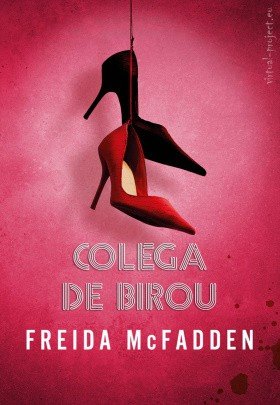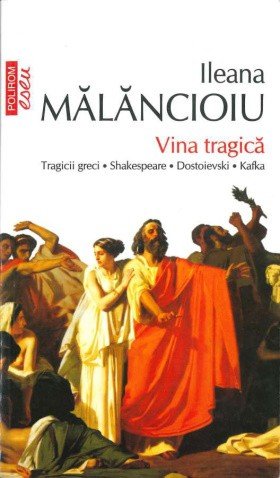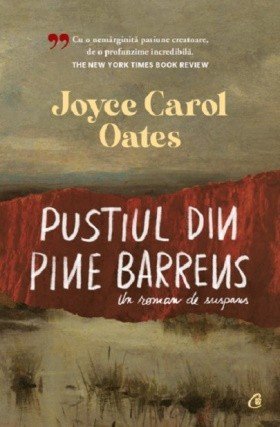“What’s that, Mr. Hawley?”
But his thoughts went adrift, just as a policewoman came in and called his interviewer from the desk. When the cop returned, he said, “I’m very sorry, Mr. Hawley.”
Hawley looked up at him bug-eyed.
With a single, pained nod, the policeman said, “Your son died in operation.”
Mr. Hawley let out a wail that pierced the noisy room. Then, through tears, he scanned the somber cop faces all around and pulled himself into a twist of fleeting reserve.
“Devvy is not a crook,” he said. “He’s a sensitive boy, a special boy.”
“We understand, Mr. Hawley.”
But the old man wasn’t listening. He was bawling now, falling apart, mumbling something about his son’s bad obsessions, and how the boy’s mother was an ice queen, and how there was some kind of a talent show he lost, and how his son was born to be taken advantage of, a grown man, no wife, no kids, nothing but the tinkering and the sickness and—I couldn’t make all of it out, and I didn’t want to be too obvious about clocking him, but the long and short of it was this guy thought his poor dead son was a mark.
 11
11
They cut us loose at 3:00 a.m. with a ride back to the Jetta and a warning: Return our calls same day and do not leave town. I took the wheel; Fry got in the passenger seat. Under a waxing crescent moon, we shot down the 10 in the few hours that aren’t bumper-to-bumper, heading for the ocean.
Sparking a doobie, Fry said, “You look like you’ve just seen a dead man.”
“That…was fucking horrendous.”
“What were you doing down at the guy’s workshop anyway?”
I explained the situation, the history, the band, everything.
He said, “Well, we don’t know if there’s a connection. And you need some rest.”
“Can I crash on the boat?” I said. “I’m too freaked out to go to the studio.”
“By all means—let’s have a snifter of grog and chill. It’s been a hell of a night.”
A little nervous time passed in the car and then I blurted, “They’re not gonna, like, come back at me with an arrest, are they?”
“Right now? You’re not even a suspect. You’re just a schmuck that walked into the wrong room—it’s on them to establish motive, means, all of it. But…I don’t want to sugarcoat, Addy. They’re going to be watching you, so no funny stuff.”
I nodded, still shaken.
We pulled up to the marina and made our way around the dockage. The Shechinah rested in a pay-by-the-week slip, lolling in the late-night waters, the last of the paint-chipped Grand Banks. I clambered on board and flopped on the ratty couch. Fry poured cheap Don Pablo Tawny into tin camping cups. Then he poured some milk for his tabby cat Howard, who cruised past me with a pitying look and a squeaky cat hello.
Fry said, “Tell me what you know.”
“Other than what I already told you? Not much. I thought this was half a joke, man. Ya know, run a little errand, humor a family friend. Which would’ve been fine, but now it’s on record that I’m the idiot who tripped over a dead body.”
“No, you’re the concerned citizen that tried to save him.”
“Whatever, even that’s more than I bargained for. And I don’t have my investigator’s license yet.”
“I don’t see how this would screw that up. But you’ve established that this Hawley guy definitely knew Emil Elkaim, right?”
“Without a doubt. They were in the band together, all of them. Durazo the drummer is the guy Emil supposedly killed a million years ago.”
“And then Emil was killed himself in prison?”
“Right—some kind of a revenge thing, like, Durazo was in a gang or something. The story is that a drug deal went south—Durazo ended up dead, and Emil was the main suspect. Does that even sound like something that can happen between band members?”
“Welllll? Yeah, why not? But…you don’t think Emil did it?”
“His dad doesn’t think so, and allegedly Hawley didn’t either. But—” I shrugged.
“From the kishkes.”
“I mean, I loved the guy, okay? I worshipped him, coolest cat on the block—but honestly? I was eight or nine; he was a teenager. The truth is, I barely knew him.”
“What about the girlfriend?”
“She ran away after Emil died and then she OD’d a few years later. I don’t know if it was suicide or what.”
“Wow.” Fry sighed. “Brutal posse.”
“Fry—level with me. For real. Do you really think it’s a coincidence? Tonight, I mean? This guy comes to Charles Elkaim with some theory about his son’s innocence and two weeks later he’s tied up and brained?”
Fry’s eyes tracked runaway thoughts like a Talmudic scholar. “Look, the bad news is—you’re in this, like it or not. And it’s ugly. And whether or not some old band has anything to do with what happened tonight probably won’t matter to the homicide detectives in the LAPD. But either way, they are gonna drill down and find out what you were really doing there—that’s inevitable.”
“Okay,” I said, “so what’s the good news?”
“I don’t know yet, I’m working on that. Meantime, just lay low, and let the cops catch the bad guys, okay?”

























